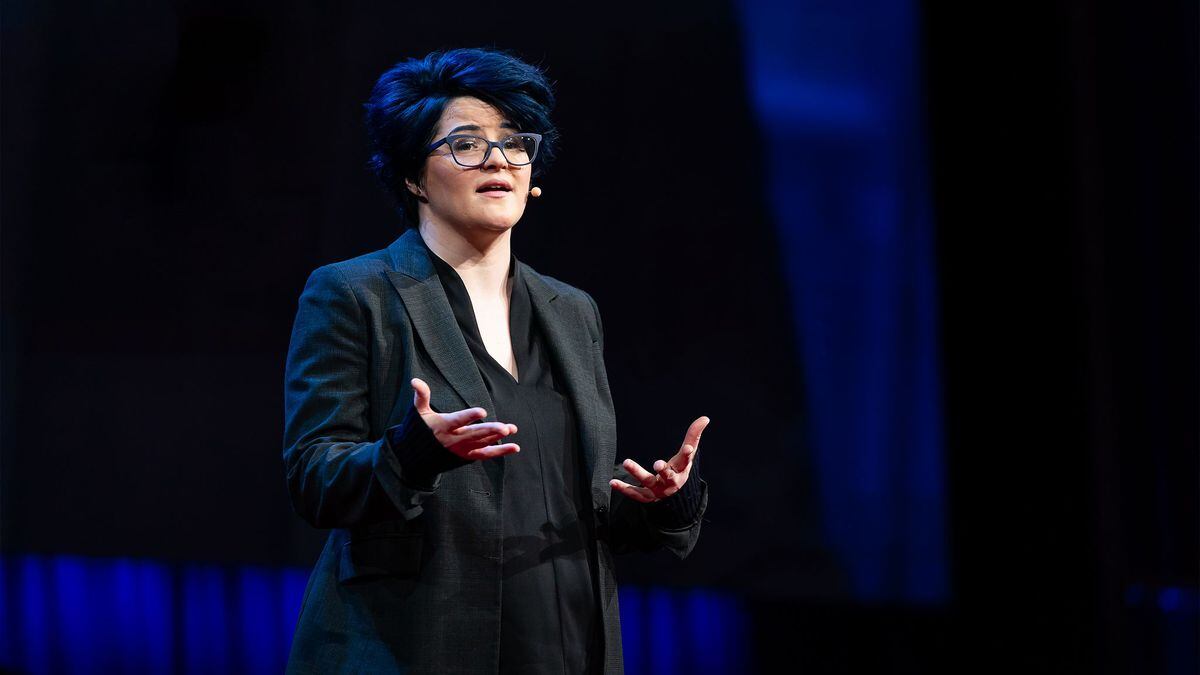“It was a warning, because it did not give for more.
The people who voted for him didn't want him.
In the second round they voted normally.
This was what his mother told Didier Eribon to justify himself for having voted for Jean Marie Le Pen in the first round of the French presidential elections of 2002. In the second round he voted
normal
, that is, for the other candidate in contention: the conservative Jacques Chirac.
In that case, however, to say normal might be too much to say considering that his family had been a proudly communist family for decades.
Sociologist, philosopher and author of the reference biography of Michel Foucault, Didier Eribon published in 2009 a work that brings together in a single person the tension between class and identity that has been shaking the left for years.
The work, a brilliant mix of memoir and essay that has become a publishing phenomenon in France, is entitled
Regreso a Reims
(Georgina Fraser translated it into Spanish in 2015 for the Argentine label Libros del Zorzal and has had several theatrical versions).
The person is himself, raised in a proletarian and homophobic environment and forced to travel a painful round trip: leaving home to free himself from the shame of being homosexual and returning home to assume the shame of having been poor.
More information
'Return to Reims': a brilliant film about how the French working class went over to the National Front
Settling in Paris and becoming a renowned intellectual was accompanied in his case by a suffocating dissimulation about the working-class origin of his parents.
Said by himself: his exit from the sexual closet coincided with his entry into the social closet.
His father had to die, whom he did not love and whose funeral he did not attend, for him to sit down and talk with his mother to discover that he had dedicated half his life to studying some mechanisms of domination and hiding others.
Hence the value of
Return to Reims
, which combines autobiography and sociology with the utmost rigor, mixing Annie Ernaux with Pierre Bourdieu and managing to synthesize in one book what his disciple Édouard Louis barely managed to do in two:
To end Eddy Bellegueule
and
Who Framed My Father
.
The great film version signed a year ago by Jean-Gabriel Périot can now be seen in Spanish cinemas.
Narrated by Adèle Haenel (
Portrait of a Woman on Fire, The Unknown Girl
) and based on impressive archival work, the film —which is not for nothing is subtitled
Fragments
— has chosen —and it's a pity— to dispense with the homoerotic dimension of Eribon's book to focus on the ideological.
As if it were easier to imagine the end of heteropatriarchy than the end of capitalism.
Or as if, simply, he wanted to anticipate an electoral disintegration of the left motivated by the tendency of his parties to assume the mental framework of the right and by the tendency of his supporters to vote twice: once to warn;
other normal.
And whoever says to vote, says to abstain.
50% off
Exclusive content for subscribers
read without limits
subscribe
I'm already a subscriber

/cloudfront-eu-central-1.images.arcpublishing.com/prisa/NJZWTGYQCMBV5NNCBWKGHSHYPQ.jpg)







/cloudfront-eu-central-1.images.arcpublishing.com/prisa/RHYRDMQQ7BG5JOUSKAXBLKE6YE.jpg)



/cloudfront-eu-central-1.images.arcpublishing.com/prisa/S7ERVSCT4FUVX6R7TUVBDNTH5Y.jpg)

